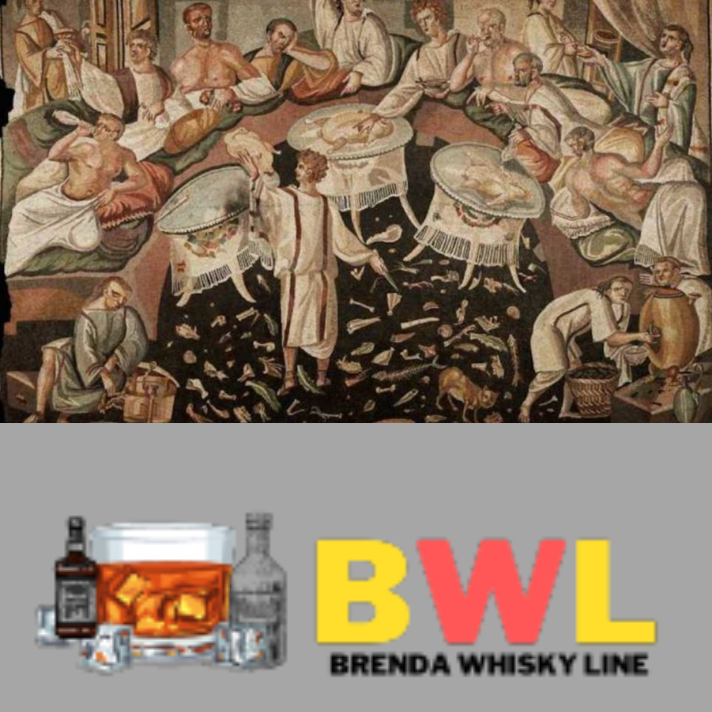Wine was an essential part of Roman culture and society. It was consumed by people of all social classes, from slaves to aristocrats. Wine was used for everyday drinking, religious ceremonies, and social gatherings. It was also a valuable commodity that was traded throughout the Roman Empire.
The Romans learned about viticulture and winemaking from the Greeks and Etruscans. They began planting vineyards in Italy in the 5th century BC. By the 1st century AD, Italy was a major producer of wine. The Romans also imported wine from other parts of the empire, such as Gaul, Hispania, and Greece.
History and Background
The history of wine in the Roman Empire can be traced back to the early days of the Republic. The Romans learned about viticulture and winemaking from the Greeks and Etruscans, and they quickly began to develop their own winemaking traditions.
By the 1st century AD, Italy was a major producer of wine. The Romans planted vineyards all over the peninsula, and they developed a variety of different winemaking techniques. Some of the most famous Roman wines came from the regions of Campania, Latium, and Etruria.
The Romans also imported wine from other parts of the empire, such as Gaul, Hispania, and Greece. They also traded wine with other countries, such as Egypt and Carthage.
Five Best Features
Here are five of the best features of Roman wine:
- Variety: The Romans produced a wide variety of wines, from sweet to dry, red to white. They also made sparkling wines and flavored wines.
- Quality: The Romans were very demanding about the quality of their wine. They developed a number of winemaking techniques to ensure that their wines were of the highest quality.
- Availability: Wine was widely available in the Roman Empire. It was sold in taverns and restaurants, and it was also produced at home.
- Affordability: Wine was relatively affordable in the Roman Empire. Even the poorest Romans could afford to drink wine on a regular basis.
- Culture: Wine played an important role in Roman culture. It was used in religious ceremonies, social gatherings, and everyday life.
Why It’s Best
Roman wine was the best in the world at the time. It was produced using the most advanced winemaking techniques, and it was made from the highest quality grapes. Roman wine was also widely available and affordable.
Frequently Asked Questions (FAQs)
Q: What was the most popular wine in the Roman Empire?
A: The most popular wine in the Roman Empire was Falernian wine. It was a sweet, red wine that was produced in the Campania region of Italy.
Q: What did the Romans use to flavor their wine?
A: The Romans used a variety of herbs and spices to flavor their wine. Some of the most popular flavorings included honey, pepper, mint, and sage.
Q: How did the Romans store and transport their wine?
A: The Romans stored and transported their wine in amphorae. Amphorae were large, ceramic jars that were sealed with wax or pitch.
Q: Did the Romans drink wine with their meals?
A: Yes, the Romans did drink wine with their meals. They typically drank a diluted form of wine, called aqua vinaria.
Q: What was the role of wine in Roman religion?
A: Wine played an important role in Roman religion. It was used in libations and offerings to the gods.
Q: What was the role of wine in Roman society?
A: Wine played an important role in Roman society. It was used in social gatherings, such as banquets and weddings. It was also used in religious ceremonies and festivals.
Conclusion
Wine was an essential part of Roman culture and society. It was consumed by people of all social classes, and it was used for a variety of purposes. Roman wine was the best in the world at the time, and it was widely available and affordable.



I am not sure where you’re getting your info, but
good topic. I needs to spend some time learning much more or understanding more.
Thanks for wonderful information I was looking for this information for my mission.